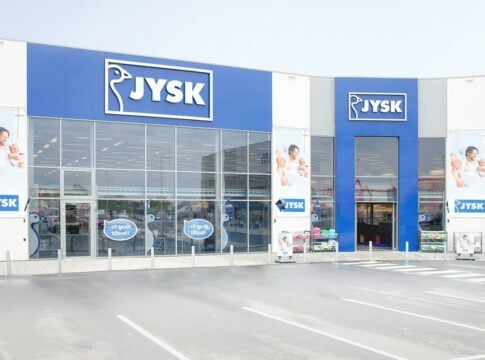The development of businesses creates new jobs that are not easily covered, due to a lack of skills on the part of the workers, but also because many Greeks have left abroad.
Therefore, there is a mismatch between the required and the offered skills in the labor market, resulting in job vacancies that are increasing significantly, according to a survey by the National Documentation Center, carried out in collaboration with the Greek Exporters’ Association (SEBE).
According to Eurostat, 53,814 job vacancies were recorded in the second quarter in Greece. This number is 54.4% higher than a year ago, with the biggest problems recorded in Tourism (16.4%). This is followed by the Public Sector (Public Administration, Defense and Social Security – 14.6%) and Administrative and Support Activities (13.7%).
The Parliamentary Budget Office (PBO) announced that job vacancies are increasing despite the decrease in unemployment, which was estimated at a single-digit rate of 9.6% in June.
The research carried out last June focused on the main causes of this situation, which results in the ever-widening vacancies in the labor market. According to the views expressed by 1,600 businesses of all sizes, the main reasons are summarized as follows:
New positions due to growth
Most businesses (52.4%) are looking for staff to meet their regular needs due to growth (either from increasing sales or expanding thanks to financing approval) rather than to meet temporary/seasonal needs. So more than one in two businesses are struggling to find staff to meet the new needs arising from the growth they are achieving.
Difficulty finding suitable workforce
76.7% of the businesses surveyed said they were having difficulty finding suitable staff, with the main factors being the lack of suitable skills or experience and a lack of interest from candidates.
Demand is focused on young workers
Most companies focus on hiring staff with short experience (up to five years), certified knowledge (training, specialization, education), regardless of gender and offer a salary of up to 1,500 euros. Demand is not focused on a specific skill level: most businesses (43.4%) are looking for highly skilled professionals followed by unskilled workers (26.6%).
Incentives for new employees
52% of businesses cite gaining experience and building a CV as the main incentive offered to become attractive to staff. 44.5% of businesses consider increased earnings as the next most important motivator.
Repatriation of new workers
14.9% of businesses stated that they have hired people who have repatriated in the last three years, showing a small tendency for a gradual return of Greeks from abroad. However, given that during the previous decade, it is estimated that the loss of workers who fled abroad was very large (from 700,000 to 1 million), it is understood that there is still much room for improvement.
The role of education and wages
56.7% of businesses believe that a better and more effective connection between educational institutions and businesses is needed. Businesses estimate that interventions both in the field of education and of an economic nature are expected to improve the employment framework. This is a field that has also been identified by the competent services of DYPA, as it has been established that a satisfactory coupling of businesses with the various educational institutions (eg universities) has not been achieved.















